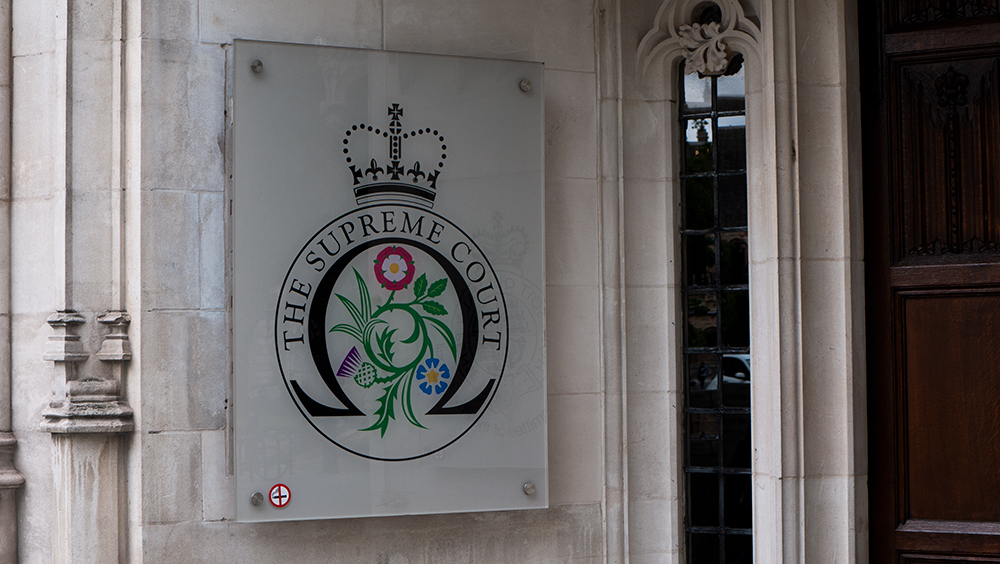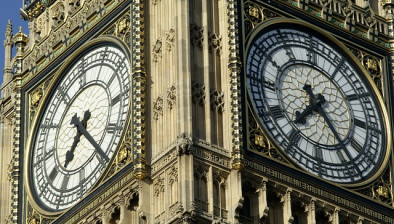UK Supreme Court: Death in 1988 Derry bombing outside temporal scope of Human Rights Act

The Attorney General for Northern Ireland is not obliged to grant a fresh inquest into the death of a man killed by an IRA booby-trap because he died more than 12 years before the Human Rights Act 1998 came into force, the UK Supreme Court has ruled.
Eugene Dalton was killed by an explosion in Derry on 31 August 1988 when he and two others entered his neighbour’s home out of concern for the missing residents, unaware that it had been booby-trapped by the Provisional IRA in an attempt to lure and kill security forces.
Nobody has ever been charged or convicted in relation to the bombing. An inquest in December 1989 concluded that Mr Dalton died from injuries suffered in the explosion.
Mr Dalton’s family have been highly critical of the police investigation into the bombing. In 2005, Mr Dalton’s son lodged a complaint with the Police Ombudsman, who subsequently found that police had failed to thoroughly investigate Mr Dalton’s death and had also failed to fully co-operate with the Ombudsman’s investigation.
In 2013, and in light of the Ombudsman’s findings, Mr Dalton’s family asked the Attorney General to open a fresh inquest. This was refused in 2014, leading Mr Dalton’s daughter Rosaleen to launch legal proceedings in the High Court of Northern Ireland.
Though failing in the High Court, the family was successful in the Court of Appeal, which ruled in 2020 that the matter should be remitted to the Attorney General for reconsideration. The Attorney General appealed this judgment to the UK Supreme Court.
In its judgment yesterday, the UK Supreme Court unanimously allowed the Attorney General’s appeal on the basis that her father’s death occurred outside the temporal scope of the Human Rights Act 1998.
While allowing the appeal, the court was also unanimous in rejecting the Attorney General’s submission that it should depart from the earlier decision of the UK Supreme Court in In re Finucane [2019] UKSC 7 and the obiter dicta of the court in In re McQuillan [2021] UKSC 55.









